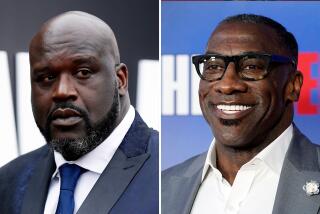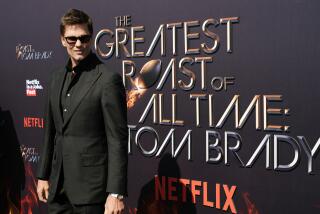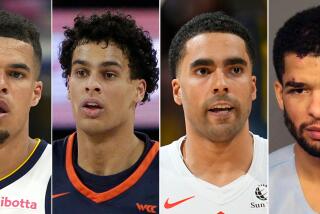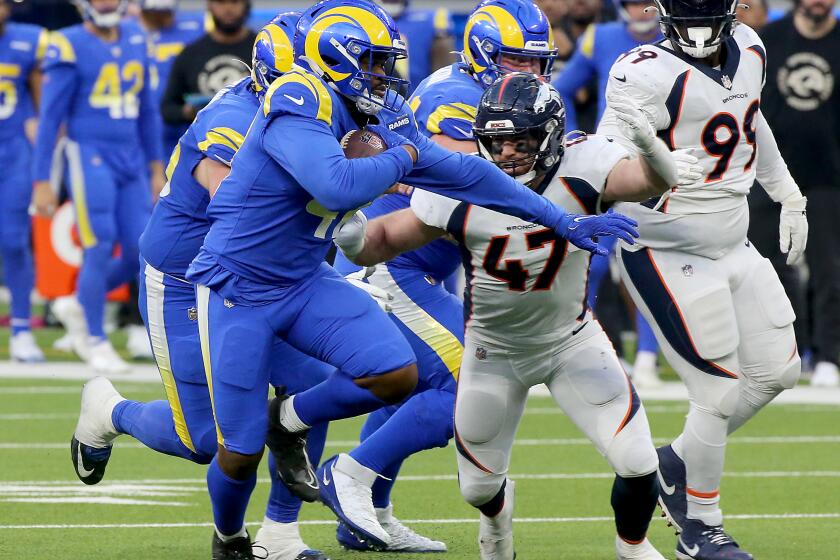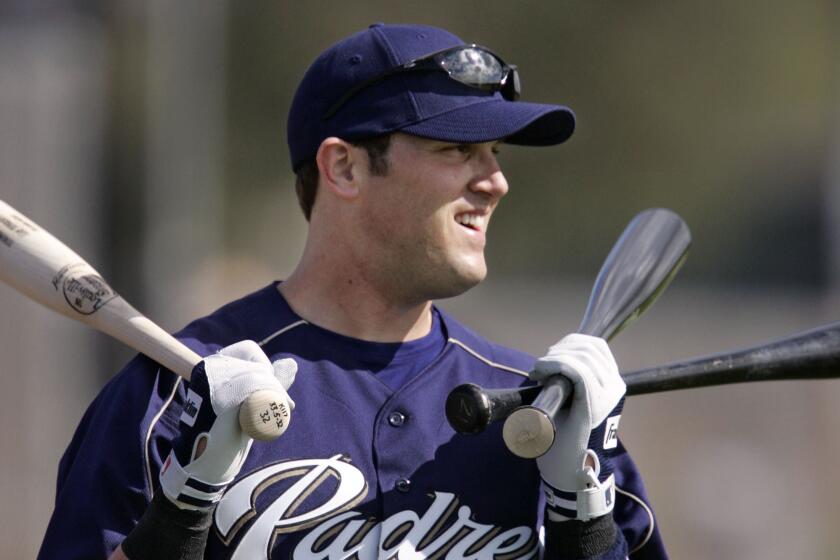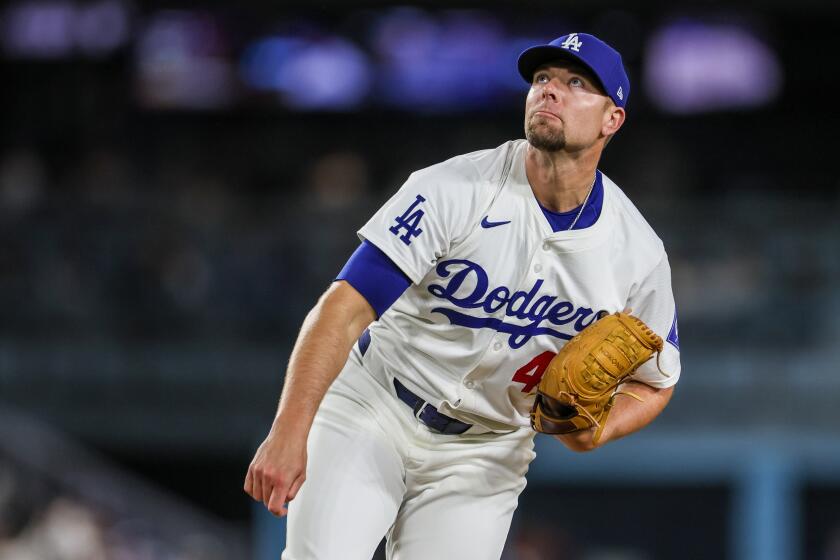Lance Armstrong’s legacy still up in the air
Lance Armstrong finished his final Tour de France time trial Saturday in 67th place. He rode along the course, which featured the scenes of Bordeaux, as if he were a summer tourist who might have been content to sip wine and take in the sights.
After he finished this second-to-last stage, Armstrong hopped off his bike and ducked into a RadioShack team car without a word to reporters or the fans who enveloped him.
On Sunday the 38-year-old Texan will make one last ride around the Champs-Elysees and finish back in the pack in a race he has won seven times. One year ago, he nearly had an eighth title, despite coming off a four-year retirement. Not so this year.
A series of early crashes wiped out any chance at winning; he is almost 40 minutes behind overall leader Alberto Contador. It appears Armstrong will be on the podium Sunday anyway because his RadioShack squad is first in the team competition.
But even then, Armstrong will not be able to close the door on the race that brought him worldwide fame because, in the coming months, he will be fighting to preserve his legacy — one that is under assault.
A federal grand jury in Los Angeles is investigating illegal doping in the world of professional cycling, including charges made by disgraced former Tour de France winner Floyd Landis that Armstrong and the rest of the former U.S. Postal Service team routinely and systematically doped.
The probe is being directed by Jeff Novitzky of the U.S. Food and Drug Administration, who also was the lead investigator in the BALCO steroid case that implicated baseball star Barry Bonds.
Former Armstrong teammate Tyler Hamilton has received a subpoena to testify in front of the grand jury, according to his Newport Beach-based attorney, Chris Manderson.
Three-time Tour winner Greg LeMond also has indicated that he will cooperate in the investigation and could appear before the grand jury as soon as Friday.
During this Tour, Landis’ charges dogged Armstrong. He had to routinely proclaim his innocence and then a few days ago he hired Bryan Daly, a top criminal defense attorney in Los Angeles, to deal with the grand jury investigation. Armstrong said he will cooperate as long as the investigation doesn’t become, as he put it, “a witch hunt.”
His Texas lawyer, Tim Herman, echoed that sentiment Friday, saying that, so far, the investigation fueled by Landis’ assertions “does resemble a witch hunt.”
Armstrong’s legacy is steeped in his uplifting and well-known history. The son of a single mom in Texas, he was the inspirational underdog who broke through the Eurocentric world of pro cycling with his talent. Then he became the inspirational survivor, not only able to recover from testicular cancer that had spread to his brain, but also able to ride in the world’s biggest cycling race and win it seven times in a row.
Yet accusations of doping, never proved, have hounded him. Armstrong, with defiance, continues to point out that he has never failed a drug test, even though nearly all of the men who challenged him during his winning streak from 1999 to 2005 were caught doping.
And now Landis’ charges, first reported in May, are in the hands of a grand jury and an investigator who has shown he is both thorough and determined when it comes to steroids and doping.
Rick Burton, a professor of sports management at Syracuse and a former brand manager for Miller Brewing and chief marketing officer for the U.S. Olympic Committee, said Armstrong’s legacy will end up being a mixed bag, no matter what.
“So many of the athletes now, anyone who had great achievements, will be looked back on as possibly tainted by the era,” Burton said. “This is going to be looked at as a notably tainted doping era.
“Almost regardless of the possibility of his innocence, people will form opinions, people who know nothing of the Tour de France will say now, ‘Oh, I think he was dirty.’ ”
Jim Ochowicz, president of the BMC Racing team, said Armstrong’s legacy will largely remain as the inspirational cyclist.
“For all intents and purposes, cycling is a European sport. But Lance helped transition that boundary back to America, so Americans now understand more about the Tour de France than they ever would 10 years ago,” Ochowicz said. “People will generally remember Lance as a true champion.”
Andrew Messick, president of AEG Sports, which owns and runs the Amgen Tour of California, agreed that Armstrong will be remembered as a sporting hero.
“I think, overall, the legacy of Lance will be that he’s brought a tremendous amount of attention to a sport,” Messick said. “The legal procedures are going to have to run their course, but what he’s done on the bike stands for itself.
“Ultimately, of course, these investigations will have an impact on what his legacy is too.”
twitter.com/mepucin
More to Read
Get our high school sports newsletter
Prep Rally is devoted to the SoCal high school sports experience, bringing you scores, stories and a behind-the-scenes look at what makes prep sports so popular.
You may occasionally receive promotional content from the Los Angeles Times.
